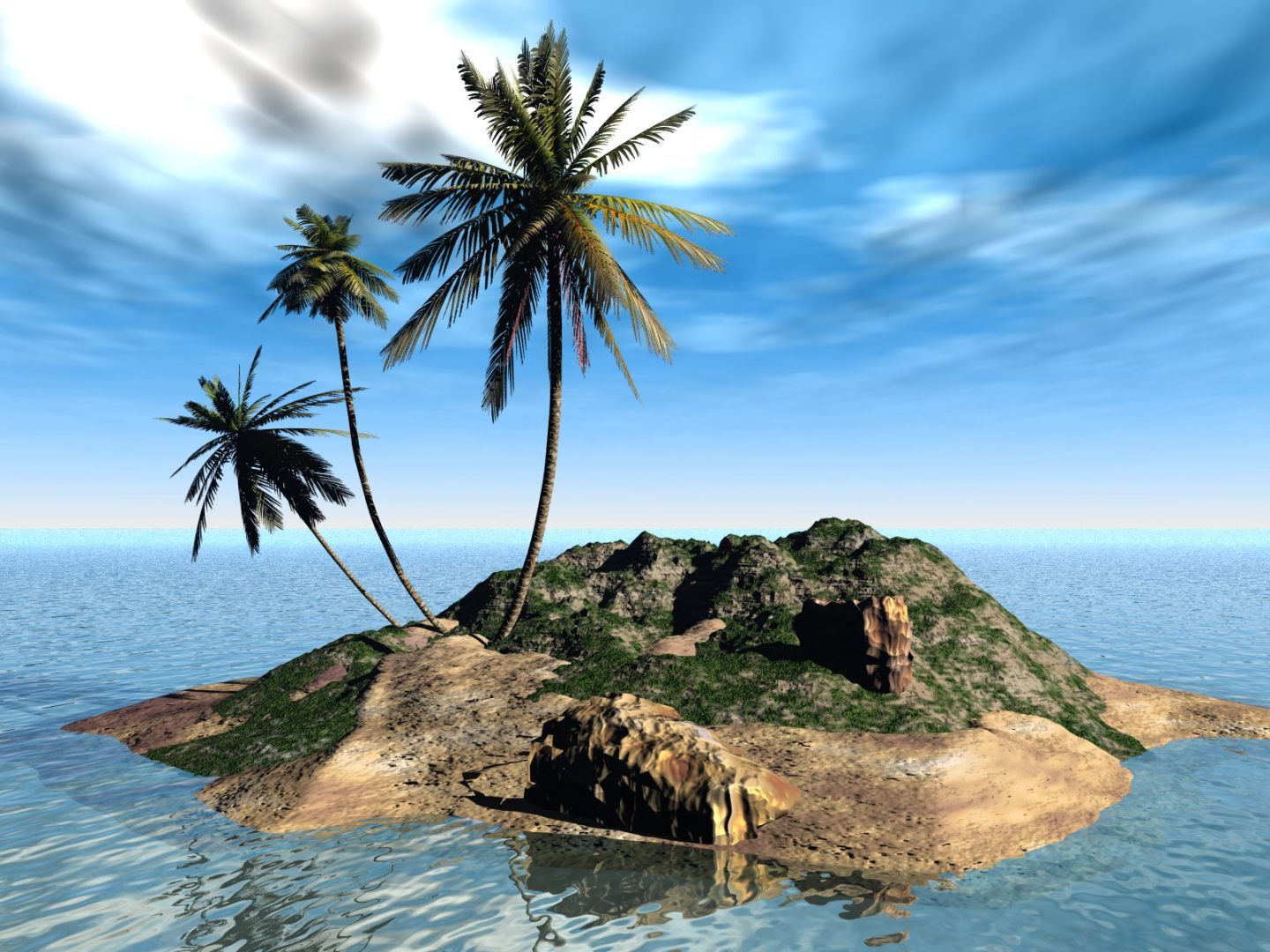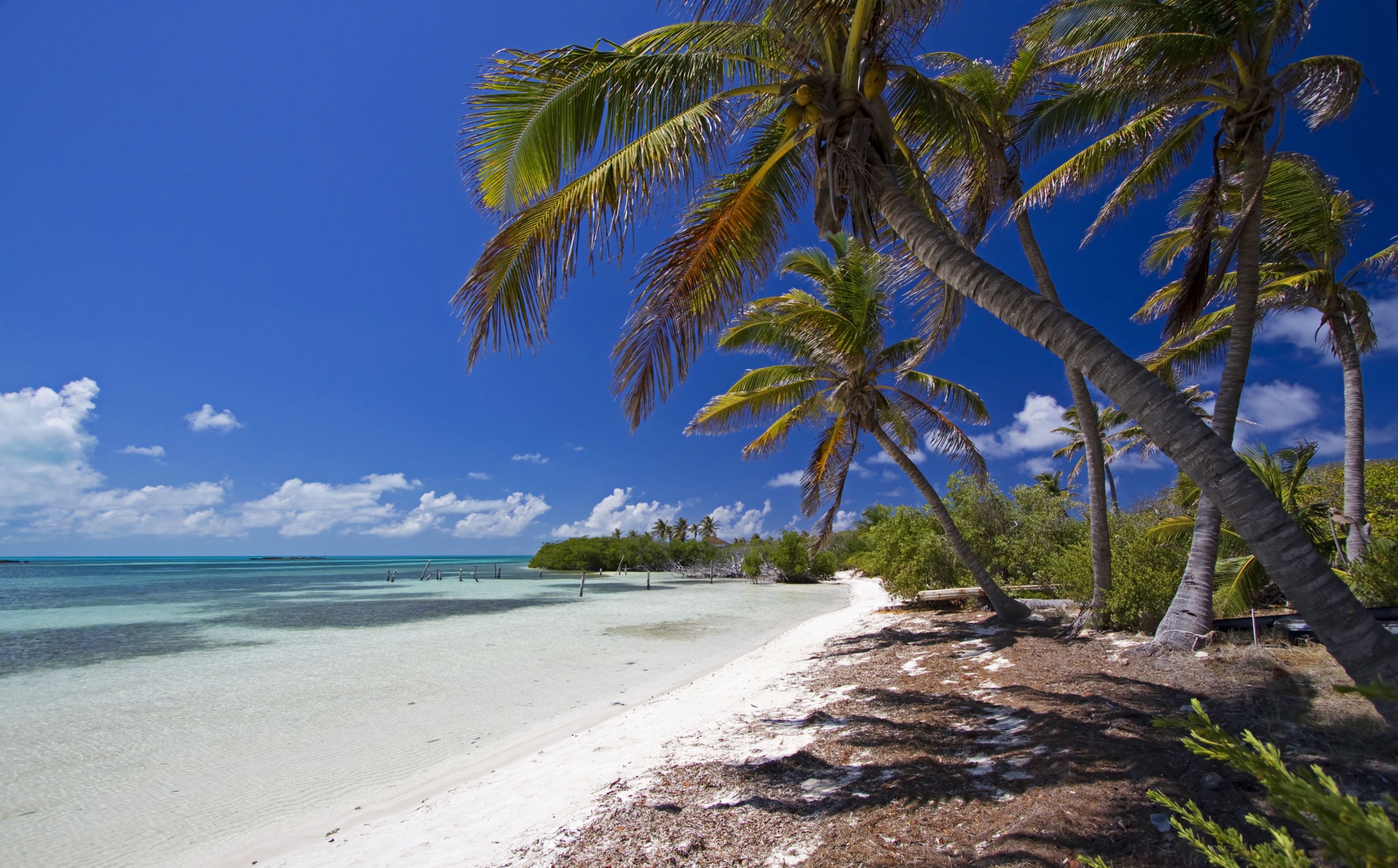Understanding 'Isla Moon Naked Photos': Exploring The Name Isla And Online Searches
It's quite interesting, isn't it, how certain search terms can pop up online, drawing curiosity and sometimes, well, a little bit of confusion. One such phrase that has caught attention is "isla moon naked photos." When people look for something like this, they're often wondering about a specific person, or perhaps, they're just curious about what information is out there. It's a very common human thing to be inquisitive, and the internet, you know, makes it so easy to look up almost anything.
But what if the actual story behind a search term like "isla moon naked photos" isn't quite what you'd expect? Sometimes, what seems like a straightforward query can actually lead us down a path to discover something completely different, something far more meaningful or, you know, just a little bit unexpected. It’s almost like, the search itself becomes a chance to learn about broader topics, like the origins of names or even how information spreads online. This is that.
Today, we're going to take a closer look at this particular search term. We'll explore the beautiful name "Isla" itself, its rich background, and then, too, we'll talk a bit about how online searches work. We’ll also touch on the importance of being thoughtful about what we look for and share on the internet, especially with personal details. It’s all about being informed, really, and understanding the digital world we live in.
- Asianbunnyx Leaks
- Yeti Dogs Anchorage
- Iranian Sexism
- %D9%83%D9%85 %D8%A7%D9%84%D9%85%D8%B3%D8%A7%D9%81%D8%A9 %D8%A8%D9%8A%D9%86 %D8%A7%D9%8A%D8%B1%D8%A7%D9%86 %D9%88%D8%A7%D8%B3%D8%B1%D8%A7%D8%A6%D9%8A%D9%84
- Haircuts For Straight Hair Men
Table of Contents
- The Name Isla: A Deeper Look
- Understanding Online Searches and Digital Footprints
- The Impact of Search Terms
- Responsible Online Behavior
- Frequently Asked Questions About the Name Isla
- Conclusion
The Name Isla: A Deeper Look
So, let's actually start with the name "Isla." It's a rather lovely name, and it has quite a history, you know. The name Isla is a girl's name of Spanish and Scottish origin. It really means "island," which is a pretty serene and peaceful image, if you ask me. It's a Scottish name, probably derived from the name of an island, Islay, which is on the west coast of Scotland. That's a bit of a cool connection, isn't it?
It is also a Spanish name, meaning "island," so it has this double cultural root. Isla is commonly used as a girl's name, and it’s been gaining a lot of popularity, which is interesting to see. From deep ocean inlets to the nation's tallest waterfall, the idea of an island can really make you think about exploring every corner of a beautiful place. Isla’s meaning is a clear reference to the Scottish island of Islay, which just adds to its charm.
Traditionally, Isla is a feminine name. It's Scottish in origin, derived from the name Islay, and yes, Isla means "island." It’s a stunning Scottish variant of Islay with a gentle sound, and it’s been rising fast in popularity. Meaning "island," it's the perfect pick for relaxing vibes, and it's definitely on the minds of many new parents these days. Isla is a beautiful modern name for baby girls, and it has a timeless quality about it. We can really explore the origin, history, and popularity of this classic name, and it’s quite a story.
- Qatar Airways Iran Flights
- Sotwe T%C3%BCrkk
- From Champion To Inspiration Ronnie Coleman Now
- Is Riley Green A Republican Or Democrat
- Lagos Cerca De Mi
What is the meaning of the name Isla, you might wonder? The name Isla is primarily a female name of Scottish origin that means "island." It’s a variation of Islay, a Scottish island on the west coast. You know, Vancouver Island is the largest island on the west coast of North America, enjoying the warmest climate in British Columbia and Canada, and that gives you a sense of the kind of beautiful places an "Isla" might bring to mind. It's a name that evokes a sense of natural beauty and calm, which is pretty special.
Personal Details of the Name Isla
| Name | Isla |
| Origin | Spanish, Scottish |
| Meaning | Island |
| Gender | Female |
| Associated Island (Scottish) | Islay |
| Popularity Trend | Rising fast |
| Cultural Significance | Associated with natural beauty, calm, and unique places like Vancouver Island. |
Understanding Online Searches and Digital Footprints
Now, let's talk a little bit about how online searches work and what happens when we type something like "isla moon naked photos" into a search bar. When you type in a query, search engines try to match it with content they've indexed from across the web. This content can come from, you know, news articles, blog posts, social media, forums, and a whole lot of other places. The results you see are what the search engine believes are the most relevant and helpful based on your words.
It's important to remember that not everything you find online is, well, accurate or even appropriate. Some search results might lead to content that is misleading, or perhaps, just completely irrelevant to what you were actually hoping to find. This is where understanding your "digital footprint" comes in. Every search, every click, every piece of information you share online, it all contributes to this footprint. It’s like a trail of breadcrumbs, in a way, that you leave behind.
For individuals, especially those who might be in the public eye, even a little bit, their digital footprint can be quite extensive. It includes things like social media profiles, mentions in articles, photos, and any other data that exists about them online. When a search term like "isla moon naked photos" pops up, it can sometimes be a reflection of, you know, misinformation or just pure speculation. It's not always tied to a real person or a factual event, which is something to keep in mind.
The Impact of Search Terms
The words we use in search engines have a pretty big impact, you know. They guide the information we receive, and they can also, in a way, shape our perception of things. When a specific phrase like "isla moon naked photos" becomes a search trend, it often means a lot of people are looking for that particular combination of words. This can happen for a bunch of reasons, like perhaps a misunderstanding, or maybe a rumor, or even just simple curiosity.
It's interesting to consider that such a search term, even if it doesn't lead to what someone expects, still contributes to the overall online data. Search engines, you see, track these trends. They use them to understand what people are interested in, and this helps them refine their algorithms. So, in a very real sense, every search contributes to the vast, evolving database of human curiosity and information seeking. It's a rather complex system, really.
Sometimes, a search term might be linked to a person who has a similar name, or it could be a complete fabrication. It's a bit like playing detective, where you need to consider the source and the context of the information you find. This is why it's so important to be a discerning user of the internet, to question what you see, and to look for reliable sources. You know, it’s about being smart with your searches.
Responsible Online Behavior
Being responsible online is, you know, really important for everyone. This means thinking about the kind of information you search for and, perhaps even more so, the kind of information you share. When it comes to looking up details about individuals, especially with sensitive search terms, it's always a good idea to approach it with a sense of caution and respect. After all, everyone deserves privacy and to be treated fairly.
One way to be responsible is to consider the source of your information. Is it a reputable news outlet? Is it a well-known organization? Or is it, you know, just a random blog post without any clear authorship? These are questions that can help you determine the trustworthiness of what you're reading. It's like, you wouldn't just believe everything someone tells you on the street, right? The internet is similar.
Another aspect of responsible online behavior is understanding the consequences of spreading misinformation. If you come across something that seems questionable, it’s better not to share it until you can verify its accuracy. This helps prevent the spread of rumors or harmful content, which is something we all want to avoid. It’s about building a more positive and truthful online environment for everyone, really. You can Learn more about responsible online searching on our site, and you might also find it helpful to look at this page about digital well-being.
Think about the impact your searches and shares might have on others. For instance, if a search term is about a person, even if it's based on a misunderstanding, it can still cause them distress or harm their reputation. It’s a very real thing. Being mindful of this helps create a kinder and more respectful digital space. We all have a part to play in that, and it's something to think about every time we go online. It’s, you know, just good practice.
Frequently Asked Questions About the Name Isla
Is Isla a common name for girls today?
Yes, Isla has actually become quite a popular name for baby girls in recent years, especially in countries like the United Kingdom, Australia, and the United States. Its gentle sound and beautiful meaning, you know, "island," have really appealed to many parents. It's definitely a name you hear more often now than you did, say, a decade or two ago.
What is the origin of the name Isla?
The name Isla has a dual origin, which is pretty unique. It's of both Scottish and Spanish roots. In Scotland, it's believed to come from the name of the Isle of Islay, a beautiful island off the west coast. In Spanish, "isla" literally means "island." So, either way, the core meaning is the same, and it’s very connected to nature, which is rather lovely.
Are there any famous people named Isla?
Yes, there are a few well-known individuals with the name Isla. One prominent example is Isla Fisher, a very talented actress known for her roles in various films. Her public presence has, in a way, contributed to the name's recognition globally. It's always interesting to see how certain names become more widely known through public figures, isn't it?
Conclusion
So, when we look at a search term like "isla moon naked photos," it really opens up a conversation about more than just the literal words. It leads us to appreciate the lovely name "Isla," with its peaceful meaning and rich origins. It also, you know, reminds us about how the internet works, the power of search terms, and the importance of being thoughtful and responsible in our online interactions. It's all about navigating the digital world with a bit of wisdom, really, and a lot of respect for others.
Understanding the difference between genuine information and, perhaps, something that's just a fleeting search trend is a pretty valuable skill in today's world. By focusing on credible sources and being mindful of our digital footprints, we can help create a more positive and, you know, trustworthy online space for everyone. It’s a continuous learning process, and every search can be a chance to learn something new, even if it's not what you initially expected to find. This approach helps us all be better digital citizens, and that's a good thing.
- Asianbunnyx Leaks
- Slang Eiffel Tower
- Leaked Scarswonderland
- Exploring The Race Of Steve Perry A Deep Dive Into His Background And Legacy
- Thanos Actor Age Squid Game

Las 10 islas más bellas del mundo - Holidayguru.es

A medio camino.: agosto 2016

Visit Isla Contoy: Best of Isla Contoy Tourism | Expedia Travel Guide